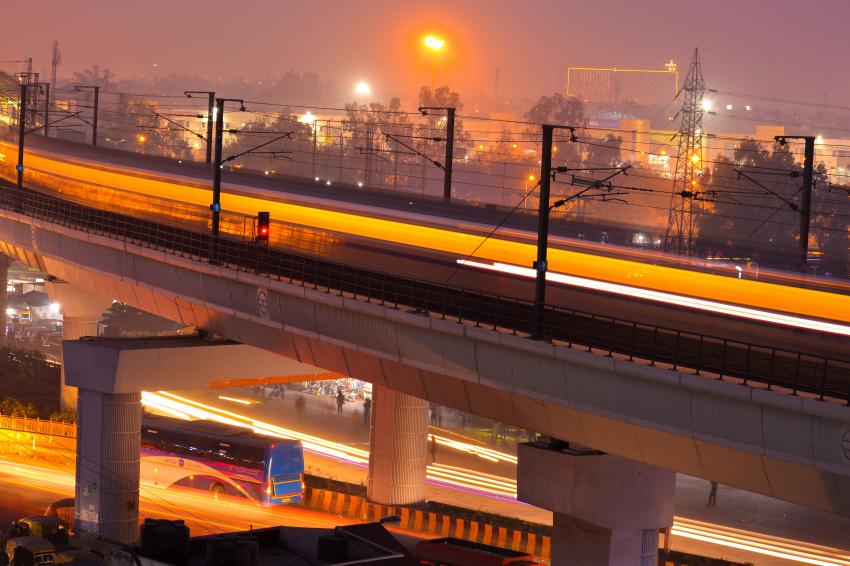BP Invests in India Green Fund
BP will become a limited partner in GGEF and have representation on its advisory committee, as well as the rights to co-invest in projects alongside the Fund.
The deal is part of BP’s strategy to build its renewable business through complementary partnerships as it aims for net zero carbon in its oil and gas production on an absolute basis by 2050 or sooner. As part of this ambition, one of BP’s 10 aims is to increase the proportion of investments into non-oil and gas businesses.
GGEF already includes investments from both the Indian and UK governments and expects to reach about $700 million commitment at final close, growing further through leveraged capital options.
“Our investment in GGEF will aim to rapidly scale-up commercially viable low carbon solutions,” said Sashi Mukundan, president BP India and senior vice president BP Group. “The portfolio and scale of investments made by GGEF - be it in solar power, mobility solutions or sustainable infrastructure management - is extraordinary. Each one of these will help India achieve its climate goals.”
Joint venture with Reliance Industries
Also in India, BP has started a new fuels and mobility joint venture with Reliance Industries Limited (RIL). Following initial agreements in 2019, BP has paid $1 billion to RIL for a 49% stake in the jv, called Reliance BP Mobility Limited (RBML). RIL holds the remaining 51% share.
The partners expect the venture, which will operate under the Jio-BP’ brand, to grow rapidly to help meet India’s energy and mobility needs over the next 20 years, when it is expected to become the fastest-growing fuels market in the world and the number of passenger cars in the country is estimated to grow almost six-fold.





